Why We’ve Always Been Seed Oil-Free—And Why It Matters More Than Ever!

At B.T.R. Nation, “clean label” isn’t a trend—it’s our foundation. From day one, we’ve been committed to snacks that are functional, science-backed, and seed-oil-free. Now, we’re proud to be officially Seed Oil Free Certified™, one of the strictest standards in the industry.
Why does this matter? Because seed oils are everywhere—and they’re not as harmless as they seem. Let’s break down what they are, why we avoid them, and what the science says about better alternatives.
What Are Seed Oils?
Seed oils (aka vegetable oils) include:
-
Canola
-
Soybean
-
Corn
-
Sunflower
-
Safflower
-
Grapeseed
-
Cottonseed
-
Rice bran
These oils are typically made using high-heat processing and chemical solvents. While cheap and shelf-stable, there is a health cost.
Why Seed Oils Are a Problem
1. Omega-6 Overload
Seed oils are high in linoleic acid (an omega-6 fat). Humans once ate omega-6 to omega-3 ratios of 1:1 to 4:1. Today, most Americans eat 15:1 or higher—a ratio strongly linked to chronic inflammation and conditions like:
-
Heart disease
-
Obesity
-
Type 2 diabetes
-
Cognitive decline and accelerated aging 【1-3】
2. Unstable Under Heat
Polyunsaturated fats (PUFAs) in seed oils oxidize when heated during baking or frying, forming toxic byproducts like aldehydes and lipid peroxides. These compounds can damage cells, DNA, and mitochondria, fueling inflammation and metabolic dysfunction 【4-6】.
3. Hidden in “Healthy” Foods
Even “clean” or “organic” snacks often contain canola, sunflower, or soy lecithin. Marketing aside, they’re still part of the same inflammatory cycle.
What Makes Seed Oil Free Certified™ Different
Our certification means:
-
No seed oils (refined or unrefined)
-
No derivatives like soy or sunflower lecithin
-
No seed oil emulsifiers or binders (even in packaging)
We didn’t just switch—we’ve been seed-oil-free from the start.
What We Use Instead
We rely on whole-food fats your body thrives on:
-
Almond & cashew butter: monounsaturated fats for heart health
-
Coconut oil & cocoa butter: stable fats for clean energy
-
Organic MCT oil: supports brain and metabolism
What the Research Shows
-
High omega-6 diets = higher inflammation and risk of heart disease. Linoleic acid can also increase oxidized LDL, the form most linked to plaque buildup 【7】.
-
Heating seed oils = toxic compounds that damage DNA and accelerate aging 【8-9】.
-
Seed oil-heavy diets = weight gain, liver fat, and insulin resistance. Too much linoleic acid disrupts appetite, blood sugar, and fat storage 【10-11】.
-
Healthy fats (olive oil, coconut, avocado, nuts) reduce inflammation, support brain health, and improve cholesterol 【12-13】.
Signs Seed Oils May Be Affecting You
-
Brain fog
-
Fatigue
-
Joint discomfort
-
Poor skin health
-
Digestive upset
Cutting them won’t fix everything—but it can lower inflammation and help you feel more like yourself.
Why Most Brands Don’t Switch
Going seed-oil-free means:
-
Reformulating recipes
-
Sourcing premium ingredients
-
Accepting shorter shelf life
-
Educating consumers
We do it because integrity matters.
B.T.R. Nation: Functional Fuel Without Compromise
All of our snacks are:
-
100% seed-oil-free
-
Rich in fiber & plant protein
-
Low in sugar
-
Free from gluten, soy, dairy, and GMOs
-
Made with real ingredients, not fillers
Final Thoughts
Seed oils may be everywhere, but they don’t belong in food that claims to support wellness. At B.T.R. Nation, being Seed Oil Free Certified™ isn’t a pivot—it’s proof of our long-standing commitment to transparency, better nutrition, and your long-term health.
Looking for a seed-oil-free protein bar that tastes amazing? You just found it - try any of our Superfood or PROTEIN+ bars!
References
-
Ramsden CE, et al. Linoleic acid and omega-6:omega-3 ratio and their health implications. Prostaglandins Leukot Essent Fatty Acids. 2008;79(3-5):129–135.
-
DiNicolantonio JJ, et al. Omega-6 vegetable oils as a driver of coronary heart disease: the oxidized linoleic acid hypothesis. Open Heart. 2020;7(1):e001401.
-
Johnson GH, et al. Dietary linoleic acid and risk of coronary heart disease. Circulation. 2009;119(6):902–907.
-
Grootveld M, et al. Health effects of oxidized oils. Free Radic Res. 2011;45(9):908–930.
-
Yin H, et al. Role of oxidized lipids in inflammatory responses. Cell Mol Life Sci. 2005;62(19–20):2549–2560.
-
Dominguez R, et al. Lipid oxidation in meat and meat products. Meat Sci. 2019;144:106–122.
-
Wood LG, et al. Diet and inflammation. Nutrients. 2010;2(3):295–316.
-
Staprans I, et al. Oxidized lipids in the diet are a source of oxidized lipids in chylomicrons. Atherosclerosis. 1994;107(1):145–154.


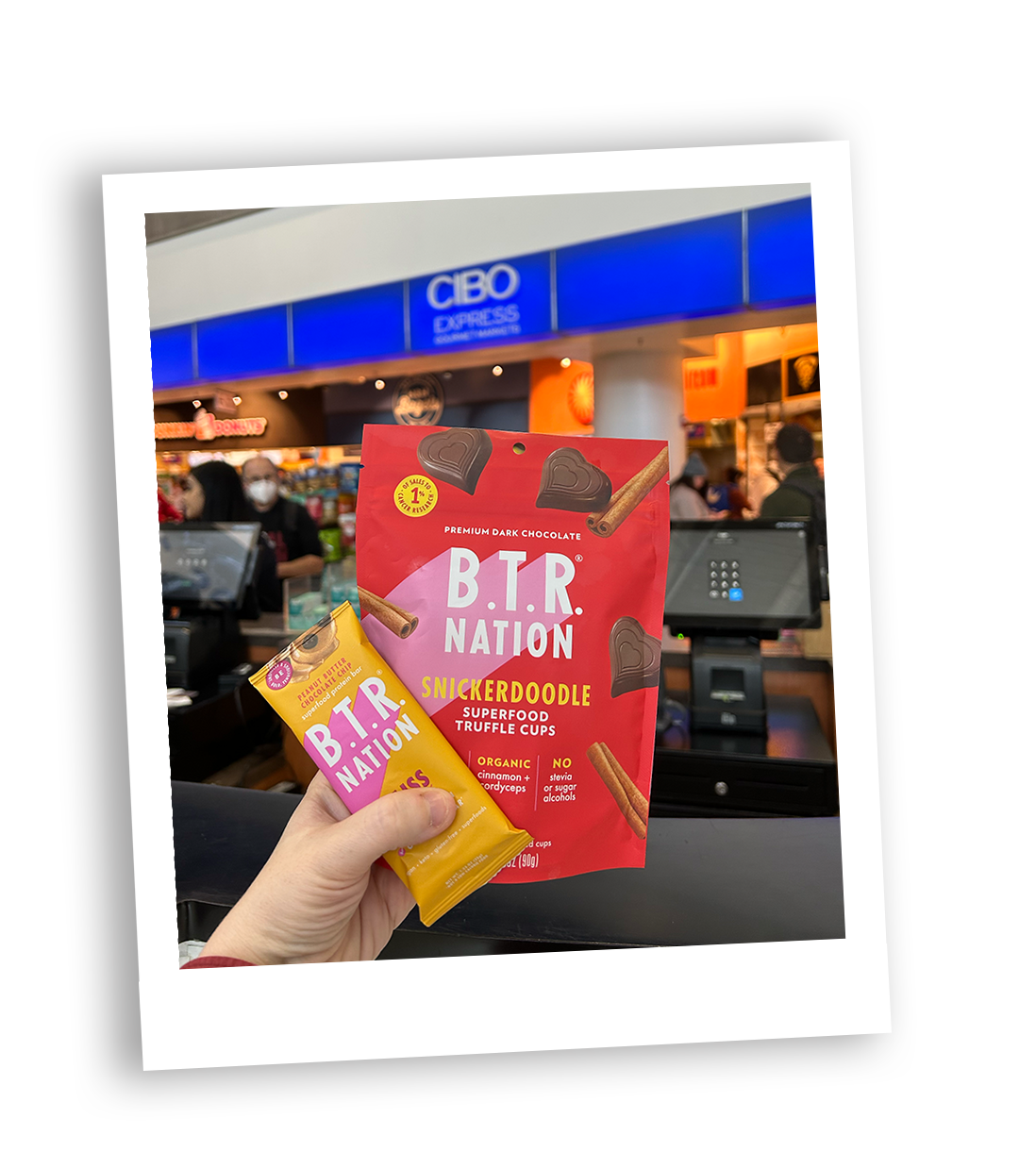
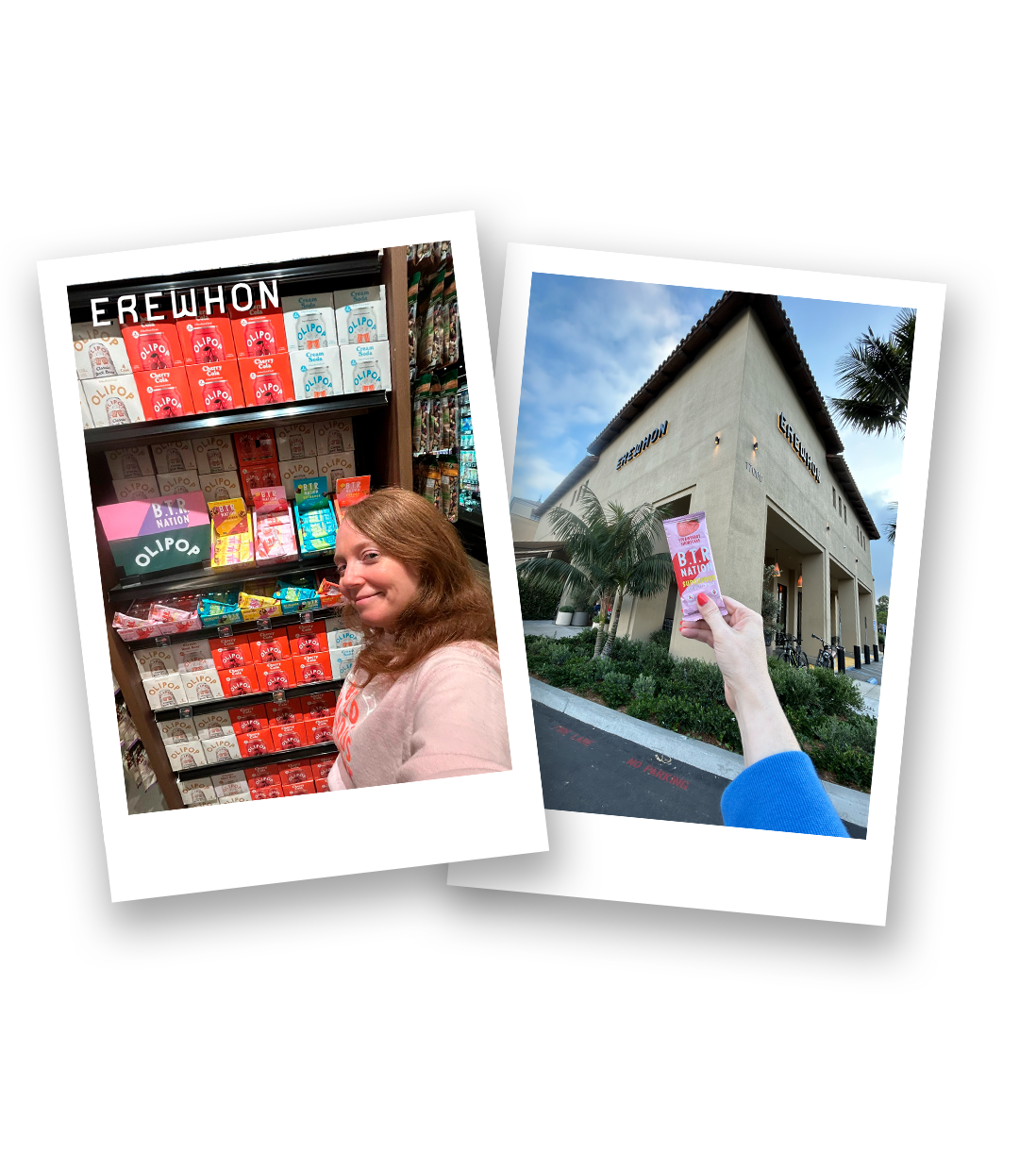

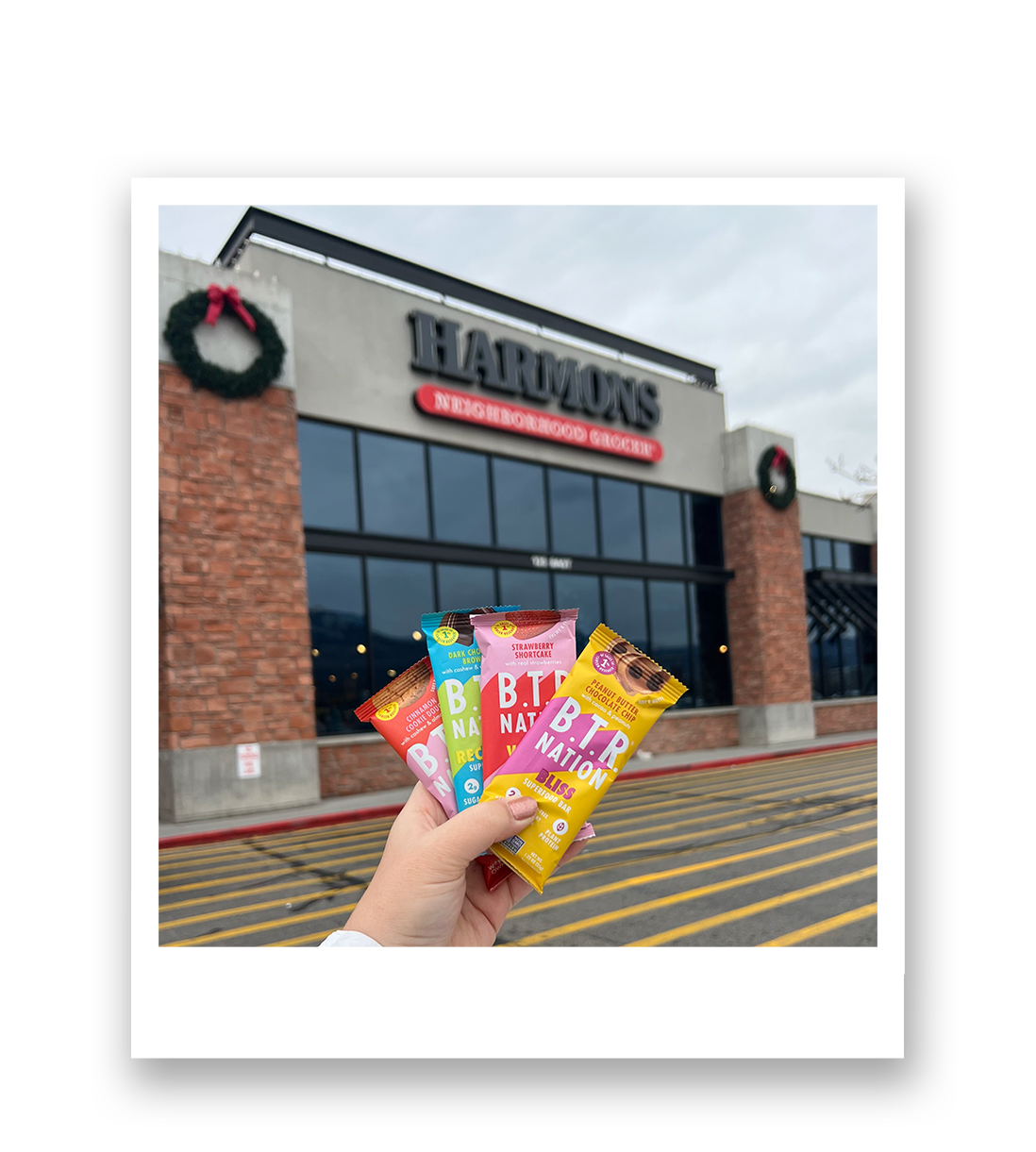
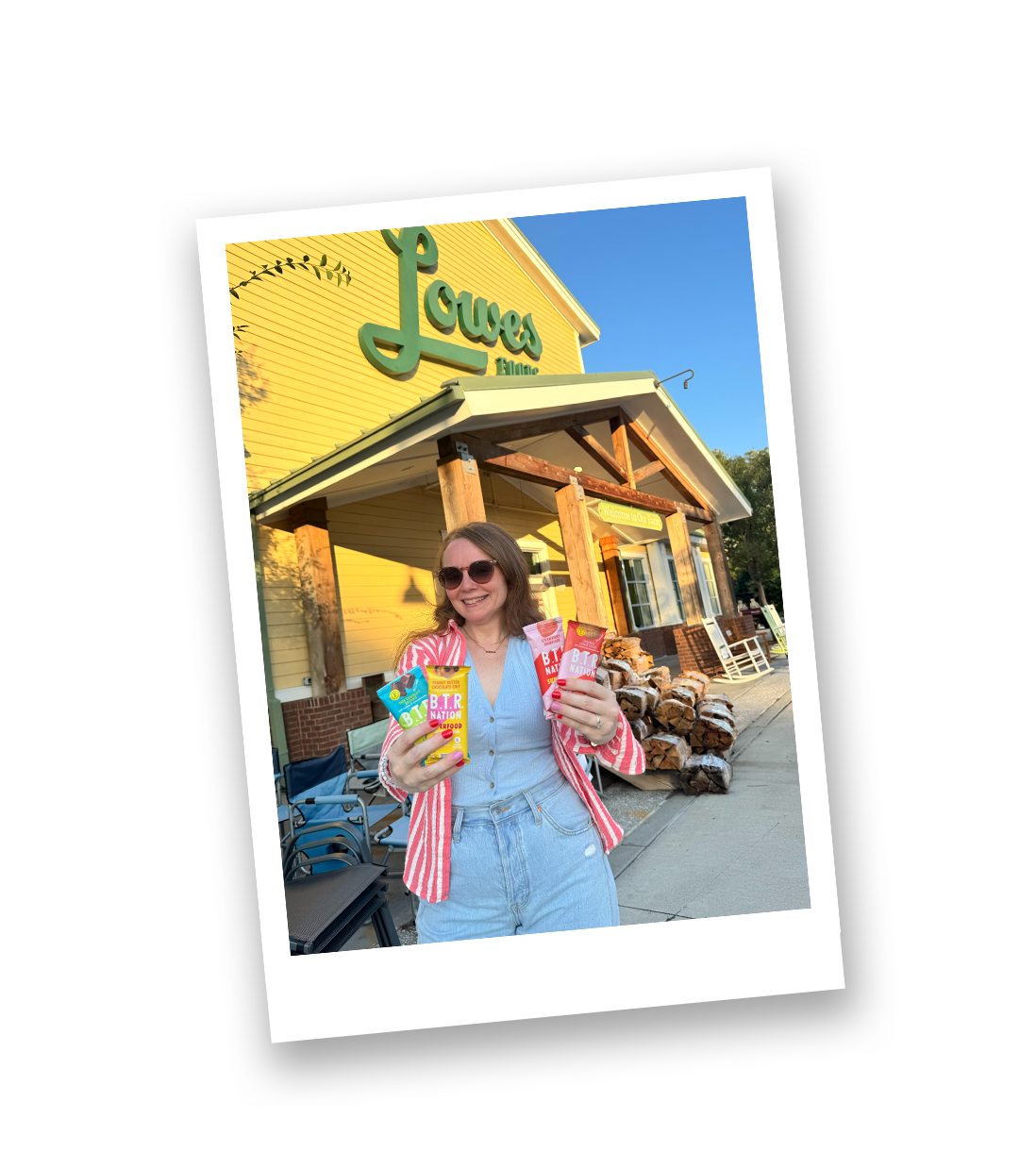

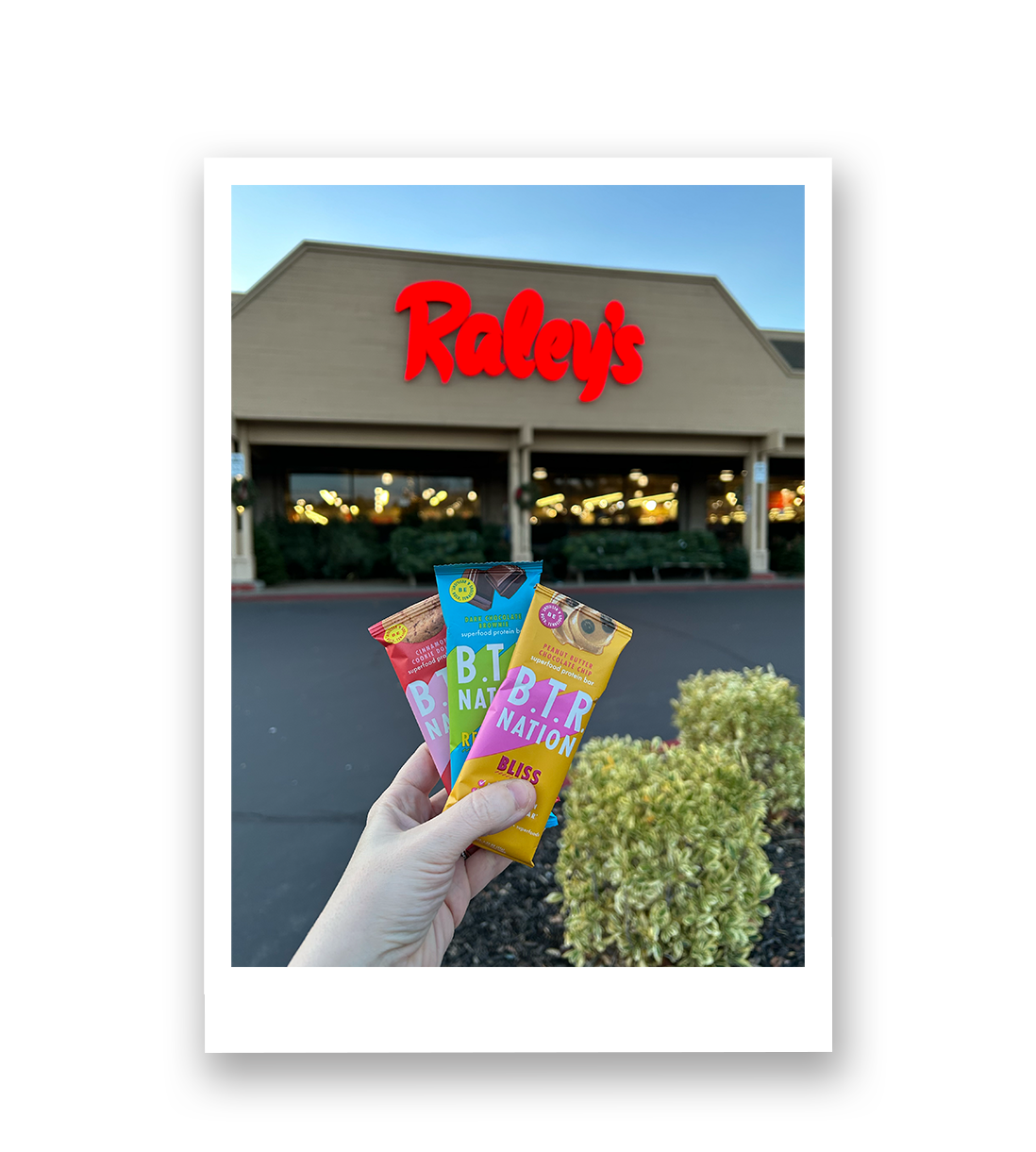


Leave a comment